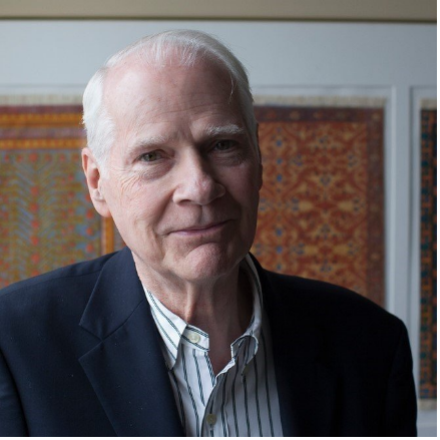Crisis Response from Prevention to Implementation and Treatment
1 CE Hour.
A complete crisis response system involves three elements (phone/IT, mobile teams, and a diversion center), together with a prevention strategy based in population health management. This presentation will review these components and discuss how they interrelate. Special attention will be given to community development as part of this system.
Description
1 CE Hour.
A complete crisis response system involves three elements (phone/IT, mobile teams, and a diversion center), together with a prevention strategy based in population health management. This presentation will review these components and discuss how they interrelate. Special attention will be given to community development as part of this system.
Learning Objectives
- Describe the current context for crisis response.
- Identify the components of a full crisis response system.
- Utilize a community development approach to a crisis response organization.
Presented by Dr. Ron Manderscheid
Ron Manderscheid, Ph.D., has a life-long commitment to social-justice, particularly racial, gender, and health equity. This is reflected through a career that spans national work with the Congress and Administration, federal agencies, NGOs, and university teaching.
He serves currently as Adjunct Professor at the Bloomberg School of Public Health, Johns Hopkins University, and the Suzanne Dworak-Peck School of Social Work, University of Southern California. Until recently, he was President/CEO, National Association of County Behavioral Health and Developmental Disability Directors and National Association for Rural Mental Health. Both organizations represent county and local authorities in the DC community.
Concurrently, Dr. Manderscheid serves on the boards of the American Academy of Social Work and Social Welfare, the National Grand Challenge for Social Work Initiative, the Danya Institute, the NASMHPD Research Institute, and the National Register of Health Service Psychologists. He also serves as the Co-Chair of the National Coalition for Whole Health.
Past appointments include Director of Mental Health and Substance Use Programs at the Global Health Sector of SRA International and several federal leadership roles at the National Institute of Mental Health, the Substance Abuse and Mental Health Services Administration, and the Office of the Assistant Secretary for Health, U.S. Department of HHS. Throughout his career, he has emphasized and promoted the concerns of peers with behavioral health conditions and their family members.
Dr. Manderscheid was a Member of the HHS Secretary’s Advisory Committee on Healthy People 2020; the Clinton Healthcare Reform Task Force; President of the Federal Executive Institute Alumni Association (FEIAA) and Foundation; Chair of the APHA Mental Health Section and Governing Council, and a member of the post-9/11 Work Group; Chairperson of the Sociological Practice Section of the American Sociological Association; President of the Washington Academy of Sciences and the District of Columbia Sociological Society; and President of The College for Behavioral Health Leadership.
He edited eight editions of Mental Health, United States, co-edited Outcome Measurement in the Human Services, and contributed to Public Mental Health, First and Second Editions. He also published 500 papers on services to persons with mental illness and substance use conditions. He serves on several editorial boards and prepares a periodic blog for Behavioral Healthcare Executive (www.behavioral.net).











